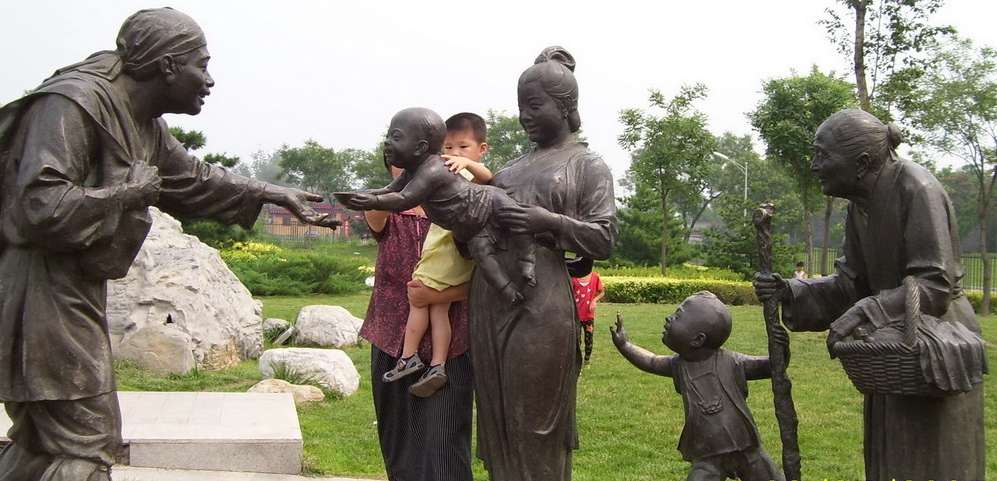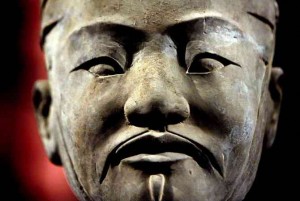
To understand the Chinese mind, you need to start with Confucius (552-479BC). Arguably the most influential person in Chinese history, Confucius and his teachings continue to exert a deep influence on society even in modern China today. If you are confused with deeds of Chinese when you have had tailor-made China tours, you should learn something about Confucius.
SO WHO WAS THIS CONFUCIUS DUDE ANYWAY?
First, what Confucianism is not. Though many temples were built in his honor, it’s not a religion in the Western sense. There’s no god. Nor are there priests, shrines or churches. You won’t find people running around calling themselves a Confucianist.

In fact, he was mostly silent on the afterlife (though over the centuries his teachings were melded with Daoist and Buddhist tenets and rituals). His attitude on the subject is perhaps best summed up in his statement: “If you are not able to serve men, how can you worship the gods?”
Instead, he was more of a statesman and philosopher. Confucius lived during a time of great chaos and conflict, known as the Spring and Autumn era. The great question of the day was: “What’s the best way to order society and government?”
In a nutshell, Confucianism is a complex system of social and political ethics based on filial piety, kinship, loyalty and righteousness. His teachings covers a wide range—from how a “true gentleman” should behaves in his daily life (down to how he eats with proper decorum) to how a ruler should govern (with a benevolent concern for the well-being of his subjects).
In other words, it’s a kind of moral guide and prescription for good government— one that values hierarchy, group orientation, and respect for age and tradition. But the Confucian system is based on a practical kind of morality—you won’t find any abstract principles of “good” and “evil”.
The “inscrutable” Chinese?
This respect for authority and hierarchy helps explain why Westerners have long complained that the Chinese are “inscrutable” (or worse, devious). In contrast to Western cultures—which encourage individual expression—Chinese culture encourages more of a “poker face”.
In other words, in a Confucian society, you’re supposed to act according to your rank… and not necessarily by how you feel. In the interest of social harmony, it was important to behave with reverence and obedience according to your rank. Indeed, it was not just the polite thing to do in traditional Chinese society. Saying the wrong thing to the emperor or a powerful official could literally cost you your life.

"I feel your pain."
Even in modern China today, this cultural tendency to retain a more neutral public face still endures—especially in work situations when dealing with those in authority (including customers).

So whether dealing with your China tour operator or hotel manager, don’t simply assume that they’re being evasive or uncaring just because they don’t seem to be mirroring your concerned expression when things go wrong.
On the other hand, that blank look on their face may also mean, “What the hell is this big nosed Whitey talking about? I wonder what’s for lunch in the cafeteria today?”
No comments:
Post a Comment